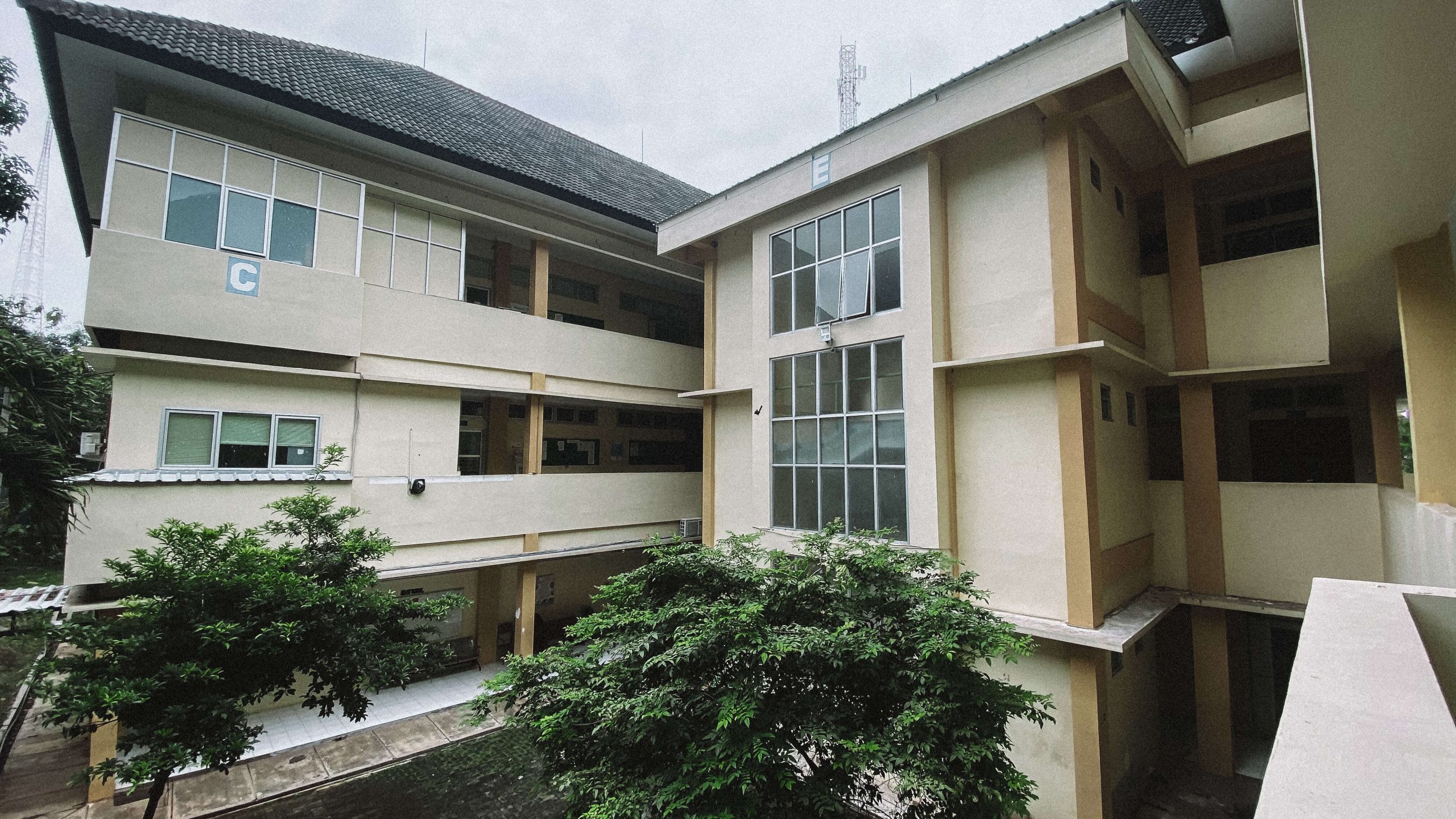SEJARAH
The paradigm of sustainable development that is part of the national development policy is intended that in the utilization of natural resources in an effort to improve human welfare needs to pay attention to environmental capabilities to meet the demands of current and future generations. Environmental engineering efforts either with strategy or tactical are intended to enable the environment to support development activities to meet the demands of every human life.
In the face of the challenges of globalization as well as sustainable development activities, human resources needs, both skilled and qualified personnel are also responsive to environmental problems still indispensable. Driven by ideas, beliefs, foundations and passions to face these challenges, encouraged the establishment of the Department of Environmental Engineering, Diponegoro University based on the decree of the Director General of Higher Education NO. 377/DIKTI/KEP/1998 specified since October 21, 1998.
LAB
- Applying for lab entry,
- Applying for an overtime permit,
- Apply for a loan permit,
- Conducting research,
- Apply for a laboratory-free description.

 MASUK PTN
MASUK PTN